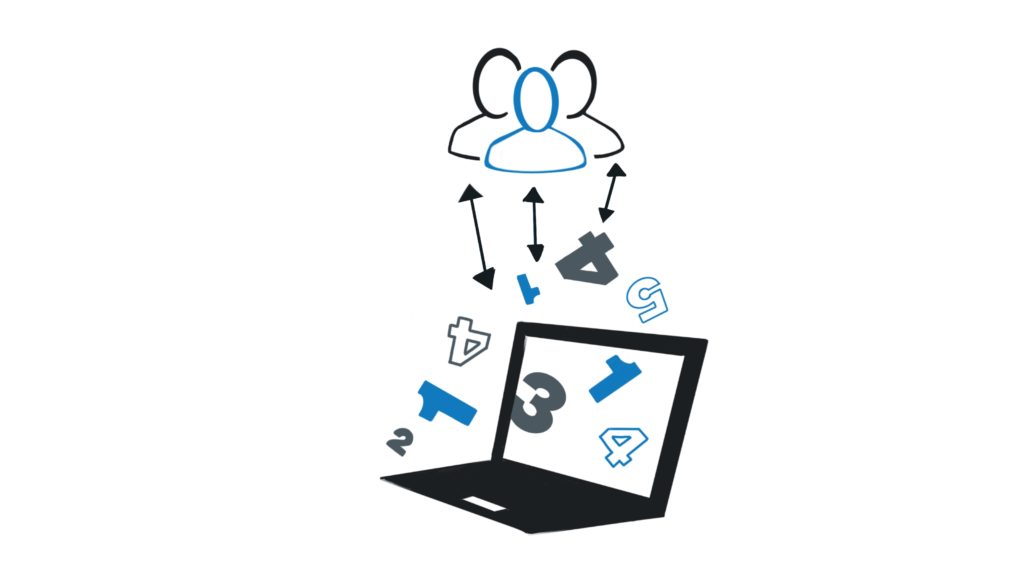In the startup and venture capital ecosystem, the terms “network effect” and “virality” are used frequently. Often times, interchangeably. However, if we look closely, there are slight nuances associated with those that actually make them distinctly unique. In this blog post we will discuss the difference through a PropTech software lens and why a network effect is so powerful.
Virality refers to the velocity of information circulated from one user to the next subsequent user. A network effect refers to not only the velocity in which one user joins a network followed by the next subsequent user but also the accumulating value the original user and subsequent new one receive from the data they provide when interacting with the network. As more and more users join the network the amount of data compounds leading to a virtuous cycle of value creation for everyone in the network, including higher quality and more efficient output (ie productivity) and increased perceived value (ie increased revenue or reduced costs). This cycle builds incredibly sticky products as well as defensible, sustainable and long-term viable businesses.
The data accumulated from network effects is powerful. For example, it trains and improves machine learning software used to make users better at their jobs by automating low level tasks, allowing them to focus on more important, higher priority work typically requiring human to human interaction (ie buying and selling a home). As a result, important human to human tasks are challenging to automate because those communications need significant levels of contextual data, analysis and creative decision-making ability, required by a human. Although those interactions require deeper context, software can still be used to recommend an action to a human (sometimes even in real-time), track which action was taken, what the end outcome was and if it was successful or not. Subsequently, software correlates what the end user did with what the outcome was, updates the software and shares better future recommendations with everyone else in the network.
Zillow is a good example of a PropTech company leveraging network effects. For example, Zillow aggregates inventory online which attracts more individual buyers (and sellers), which attracts more agents and subsequently more inventory. As more and more stakeholders join the Zillow network, it feeds the marketplace with more data to identify more inventory sellers and more targeted buyers. As more transactions are completed, buyer/seller attributes are correlated and the range is narrowed whereby improving software identifications and recommendations. This creates a powerful virtuous cycle: a smooth experience, happy customers, repeat sellers and buyers, more data collected and improved software. It is this network effect and accumulating data advantage that makes Zillow a force to be reckoned with.
This is why Nine Four Ventures is excited to partner with PropTech businesses with inherent network effects. We believe technical expertise combined with our real estate experience and strategic real estate limited partner network can create a unique unfair competitive advantage. More specifically, our strategic LPs can help provide the industry insight, guide rails or data needed to train models of portfolio companies. If you’re a PropTech company leveraging compounding network effects we would love to connect with you!

